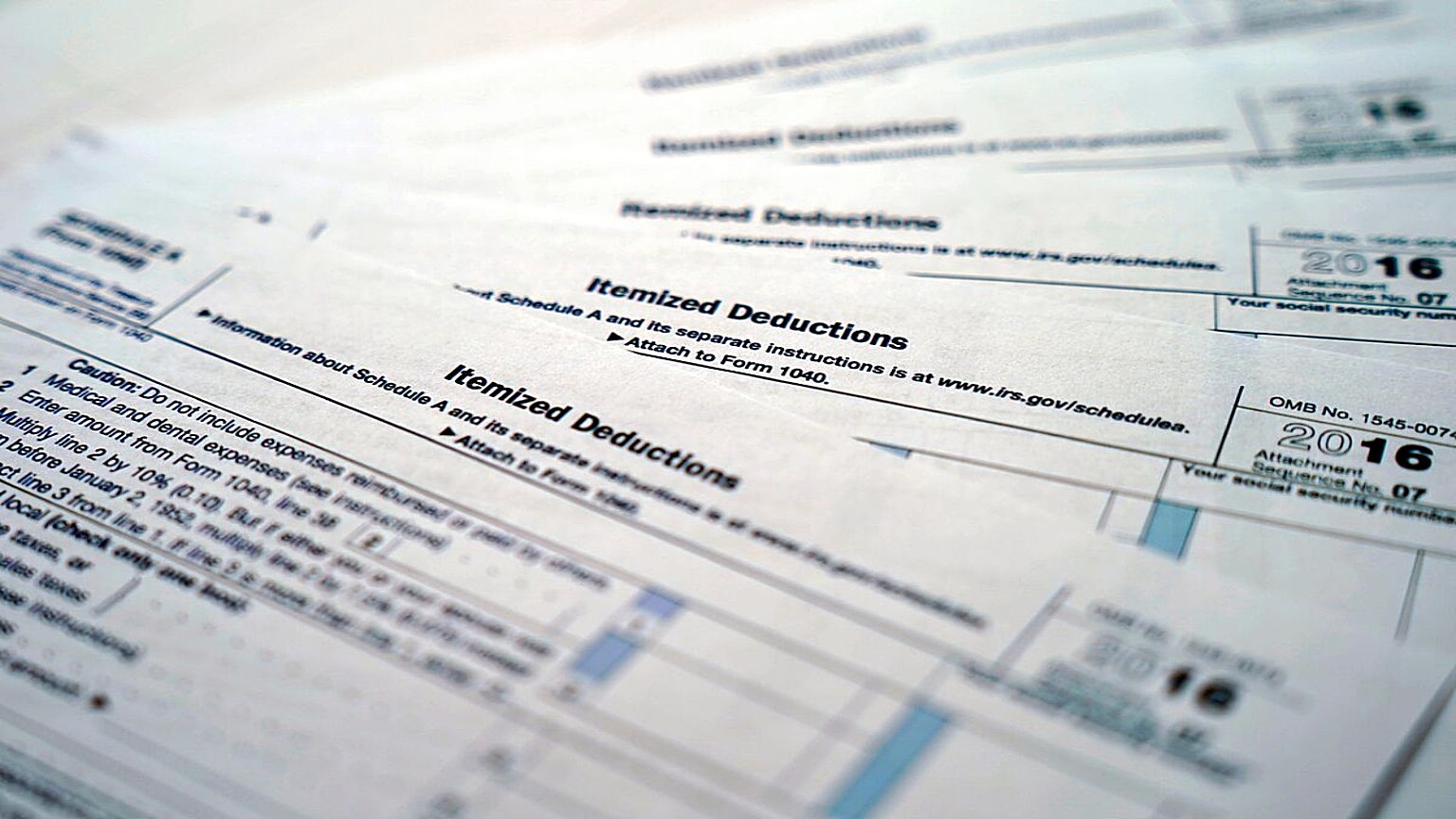When it comes to managing personal finances and minimizing tax liabilities, understanding which expenses are tax-deductible is crucial. Medical expenses are a significant part of most people’s budgets, and knowing whether they can be deducted from your taxes can have a substantial impact on your bottom line. In this article, we will explore the rules and guidelines surrounding the deductibility of medical expenses. For more information on tax deductions and how to optimize them, visit TaxHelpUSA.
Eligibility Criteria

Before diving into the details, it’s essential to understand the eligibility criteria for deducting medical expenses from your taxes. The Internal Revenue Service (IRS) in the United States has specific rules that determine whether your medical expenses can be deducted. To qualify, your medical expenses must meet the following criteria:
Itemized Deductions
Medical expenses are only deductible if you itemize your deductions on your tax return. This means you must list each eligible expense individually rather than taking the standard deduction. Itemizing deductions may be beneficial if your total eligible expenses exceed the standard deduction amount.
Threshold Requirement
A threshold condition applies to the deductibility of medical expenses. In the United States, you can only claim deductions for medical expenses that surpass 7.5% of your adjusted gross income (AGI) for the tax year 2021. For tax years beyond 2021, this threshold reverts to 10% of your AGI unless legislative changes extend the 7.5% threshold.
Deductible Medical Expenses

Now that you understand the eligibility criteria, it’s important to know what types of medical expenses can be deducted. The IRS allows deductions for a wide range of medical expenses, including:
Qualified Medical Costs
Qualified medical expenses include payments for services performed by doctors, dentists, surgeons, chiropractors, psychiatrists, and other medical professionals. Additionally, costs for hospital stays, prescription medications, medical equipment, and supplies are generally deductible.
Transportation Expenses
In some cases, transportation expenses related to medical care can be deducted. This includes mileage driven to and from medical appointments, parking fees, and public transportation costs. However, the mileage rate for 2021 was 17 cents per mile, so it’s essential to keep accurate records.
Long-Term Care
If you or a dependent requires long-term care due to a chronic illness or disability, a portion of those expenses may be deductible. This includes expenses for nursing homes, assisted living facilities, and in-home care. The deduction amount depends on your age and the nature of the care received.
Non-Deductible Medical Expenses

While many medical expenses can be deducted, there are several that are not eligible for tax deductions. Some examples of non-deductible medical expenses include:
- Over-the-counter medications (unless prescribed by a doctor).
- Health insurance premiums paid with pre-tax dollars (e.g., through an employer’s plan).
- Cosmetic surgery or procedures performed for purely aesthetic purposes.
- Non-prescription medical supplies and equipment.
- Expenses reimbursed by insurance or other sources.
Conclusion
In conclusion, understanding the tax deductibility of medical expenses is essential for managing your finances and maximizing potential tax benefits. To take advantage of these deductions, make sure you meet the eligibility criteria, itemize your deductions, and keep detailed records of your medical expenses. While not all medical expenses are deductible, many can help reduce your taxable income, providing some relief for the often substantial costs of healthcare. Always consult a tax professional or use tax preparation software to ensure you accurately claim any eligible medical expense deductions while staying in compliance with tax laws in your jurisdiction.
